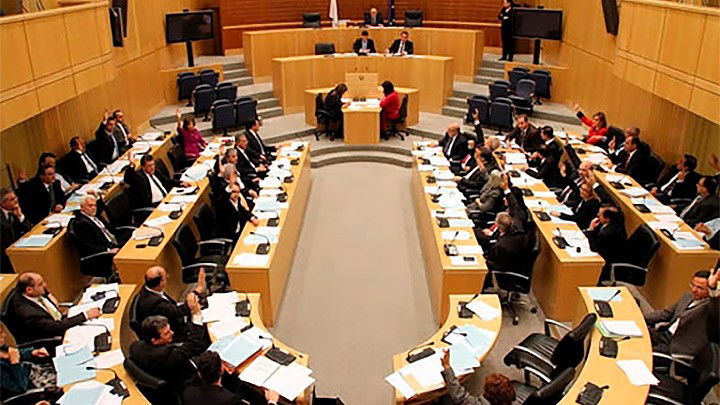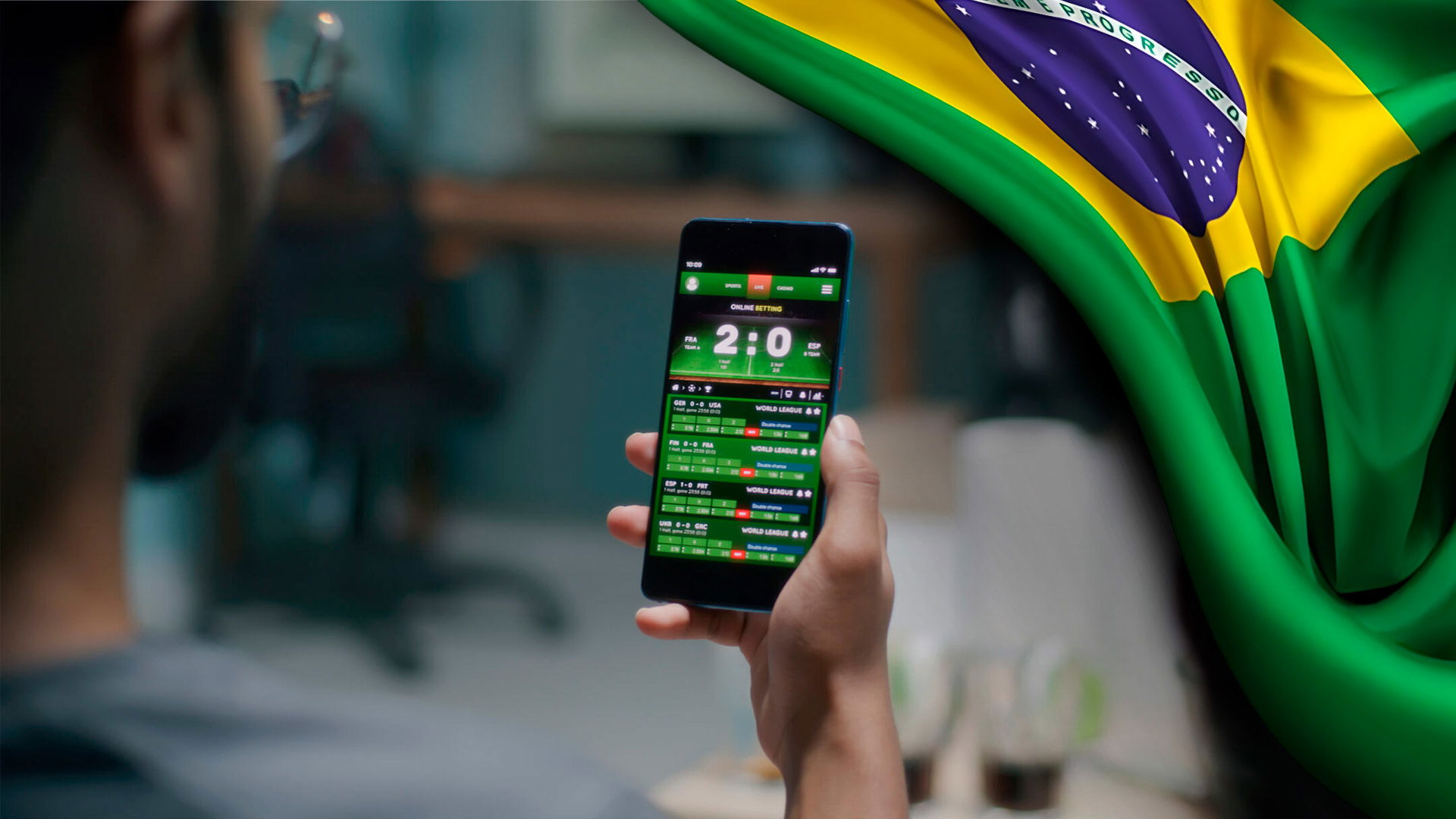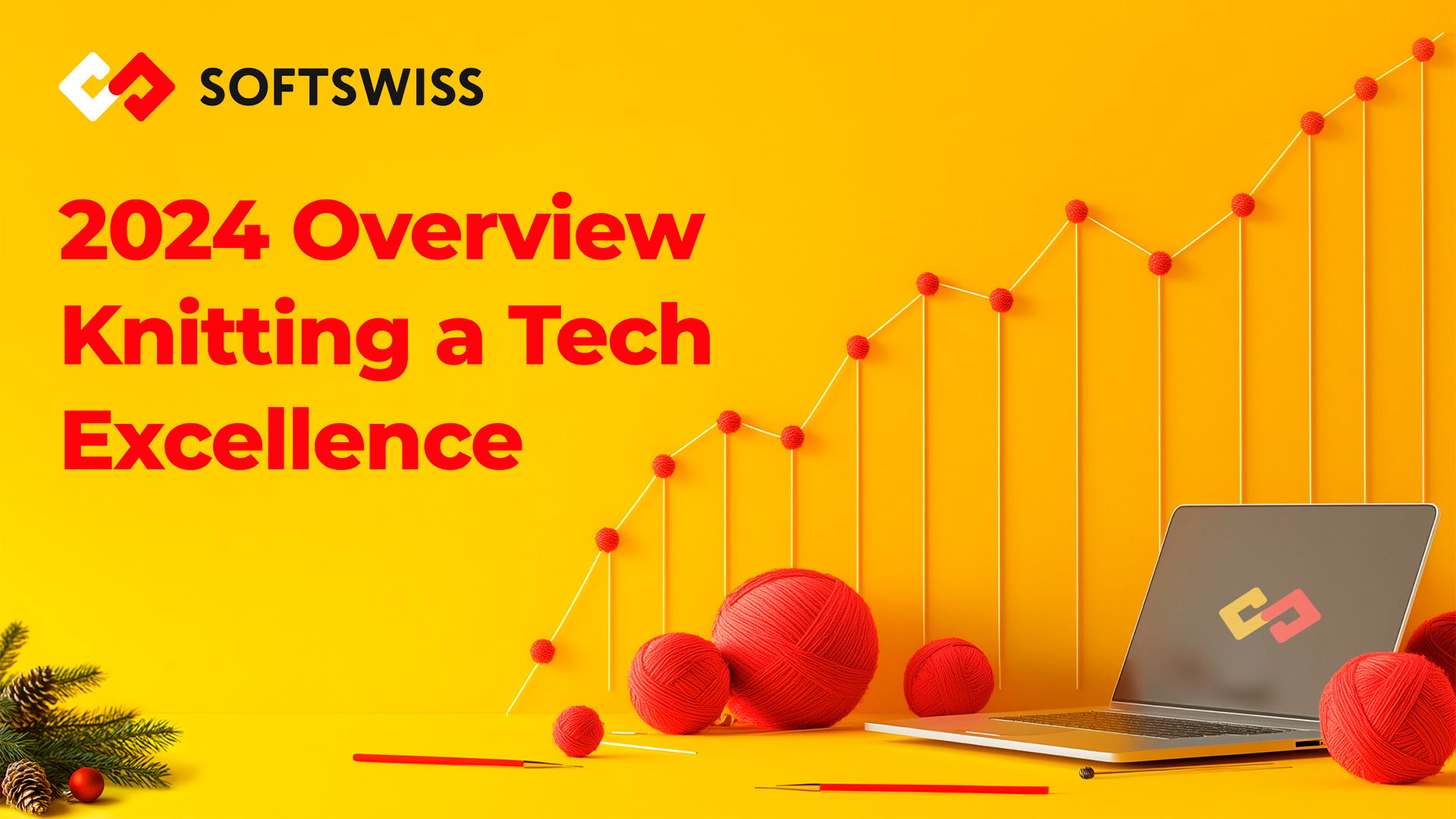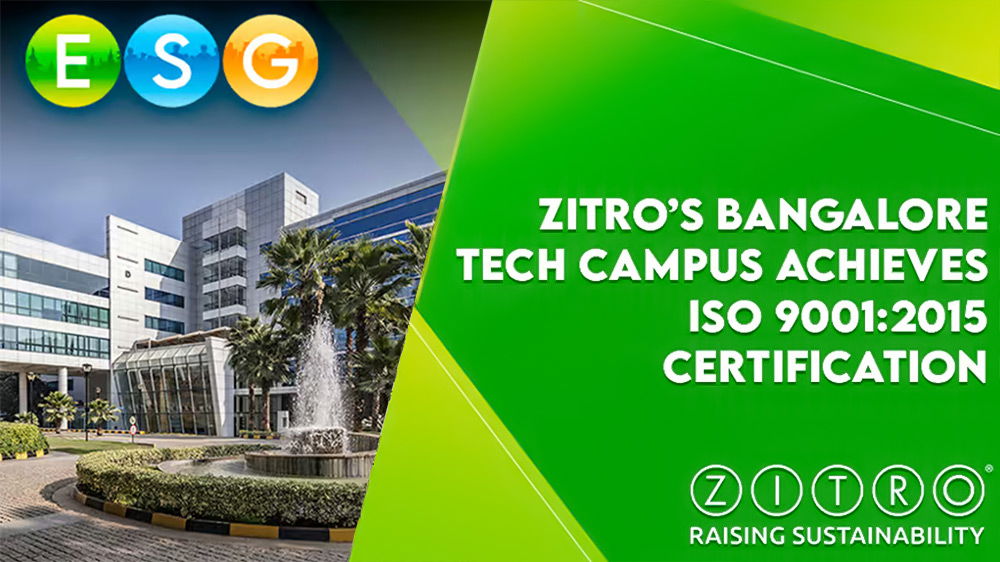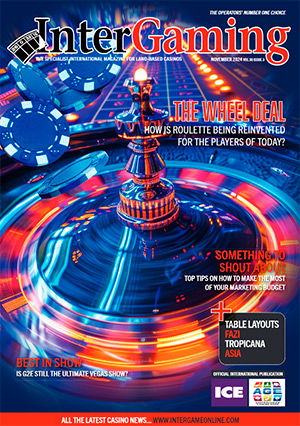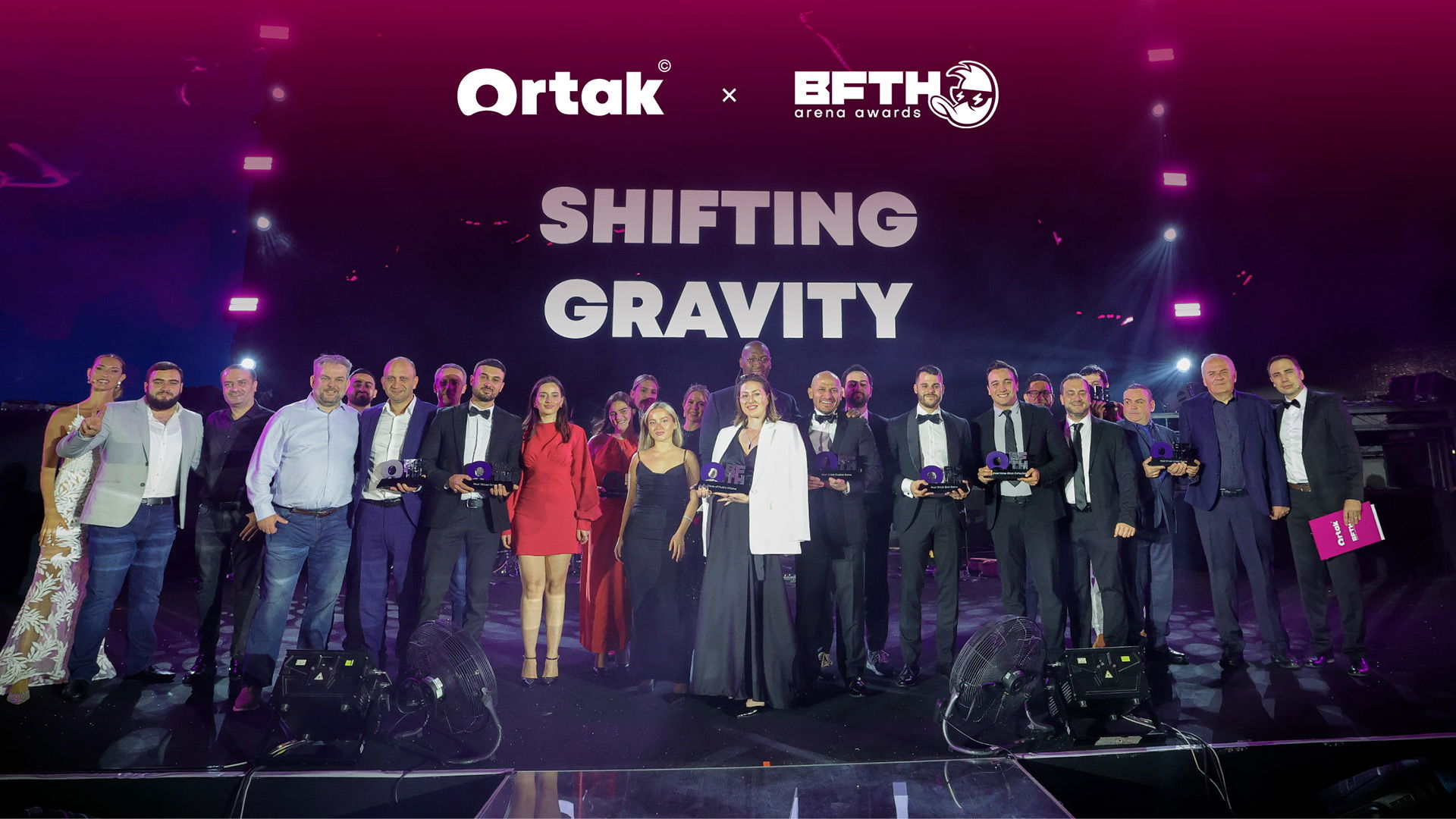Peru: Ministry of Economy seeks to modify tax aspects of law regulating online gaming and betting
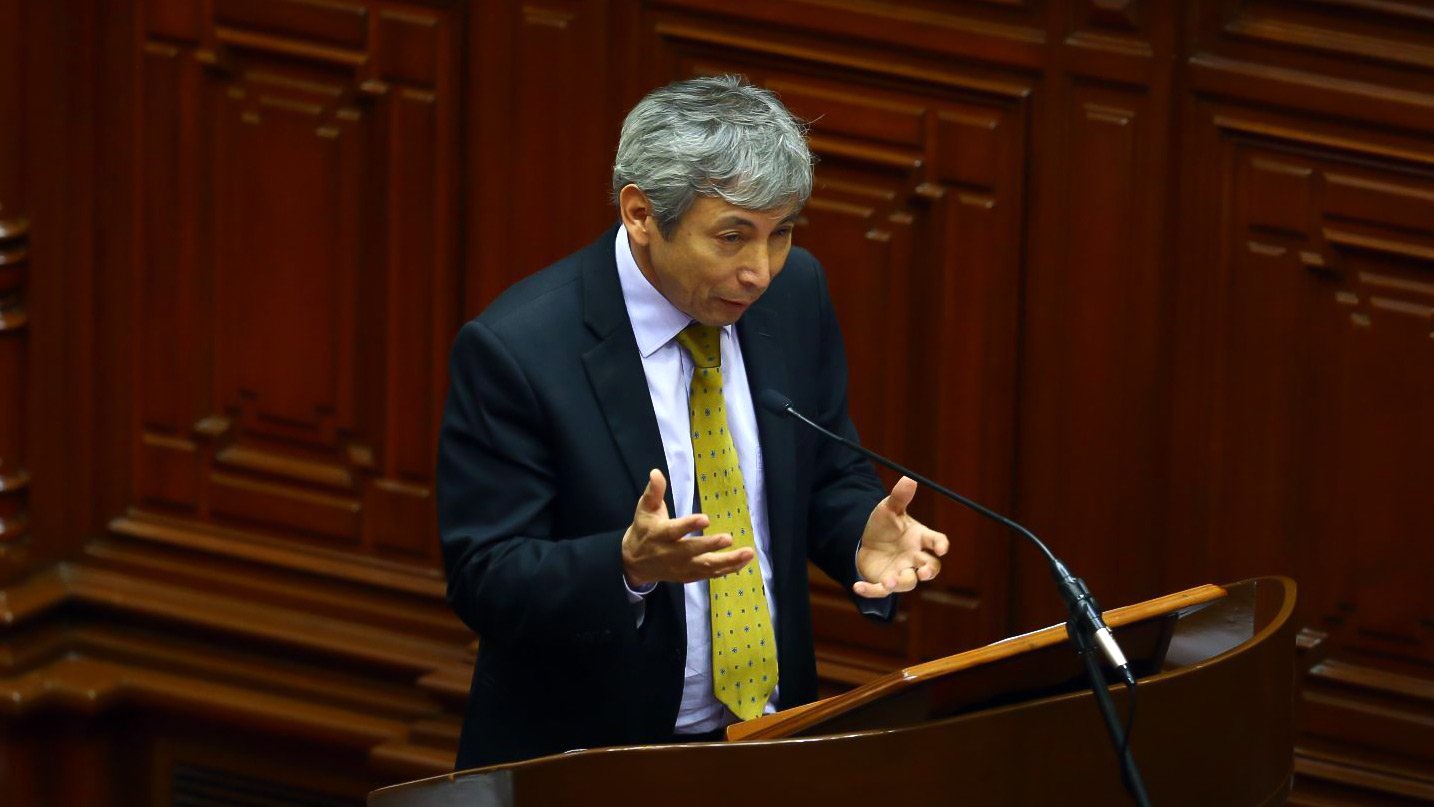
The Peruvian Minister of Economy and Finance, José Arista, announced that the Executive Power will present a bill to modify Law 31.557, which regulates the online gaming and betting sector, to define new tax and fiscal aspects for operators.
"The Executive Power will submit a regulation to Congress, modifying Law 31.557, to regulate elements that are necessary for the application and collection of the tax on remote gaming and sports betting, as well as to allow its declaration and payment by the obligated parties," said Arista in his presentation before the plenary of Congress.
"What happens is that on-site games do have a tax, therefore, remote games should also have this tax as a matter of equity," added the Minister of Economy.
It is worth mentioning that Supreme Decree N° 005-2023, which made official the Regulation of Law 31.557 modified by Law 31.806, established a special gaming tax of 12% of the net profit of online operators.
In this context, the lawyer Carlos Fonseca Sarmiento, a specialist in gaming legislation in Peru and Latin America, explained to Yogonet that Arista would be referring to the Selective Consumption Tax, whose rate was not fixed in the transitory provisions of Law 31.557 and that now it would be sought to define for the iGaming platforms.
The lawyer and partner of Fonseca Abogados LLC indicated that, currently, the operators of casinos and slot machines must pay, in addition to the tax on the exploitation of games of chance, said Selective Consumption Tax.
"So, what they want is to extend a tax of that type also to remote gaming and sports betting. This is going to generate some controversy," warned Fonseca Sarmiento.
Regularization of the online sector
The Peruvian Ministry of Foreign Trade and Tourism (Mincetur) announced in mid-March that 145 national and international companies presented their applications for authorization to operate online games and sports betting in this market, in "a clear sign that the regulation of this activity has been successful."
In a press release, the Minister of Foreign Trade and Tourism, Juan Carlos Mathews, said that the 30-day deadline for the presentation of applications -which began when Law 31.557 that regulates the online sector came into force- expired on March 13.
He also informed that during this period 144 related service providers were also registered and seven international certification laboratories were accredited.
Suppliers, in turn, have already submitted 184 applications for the homologation of technological platforms, gaming programs, progressive systems, and gaming modalities.



